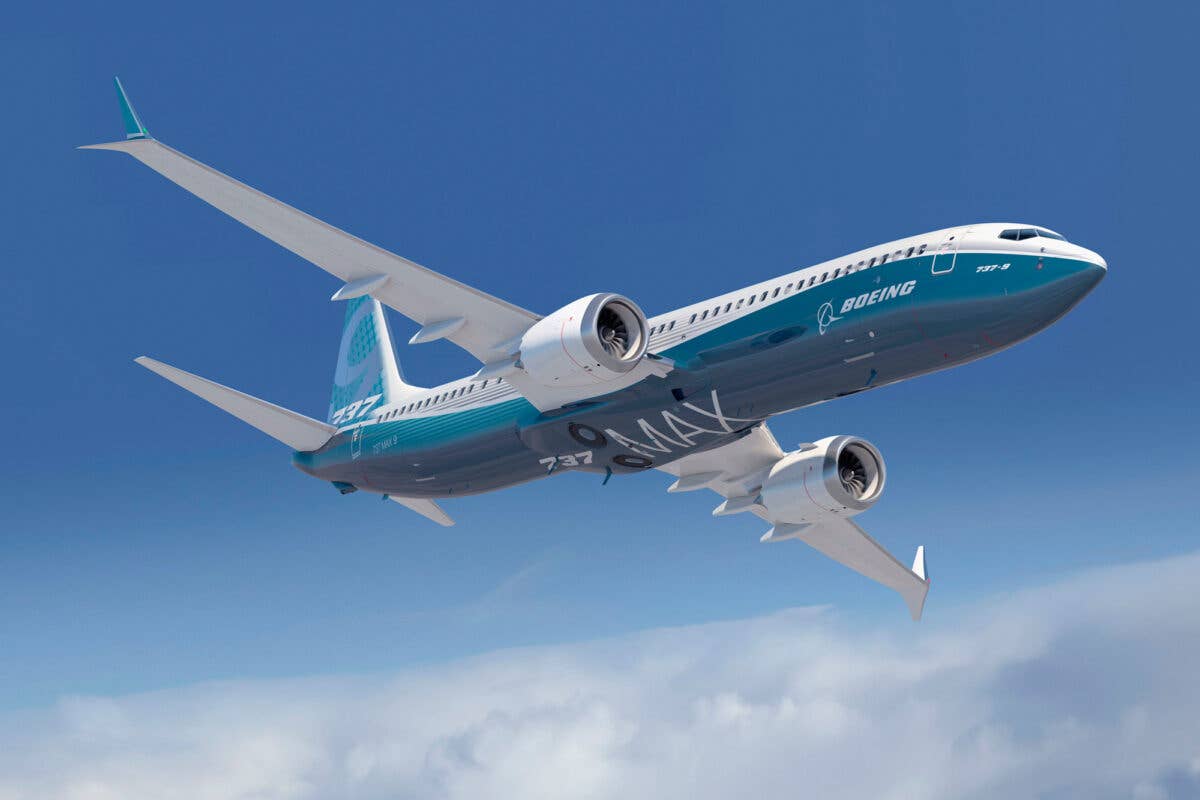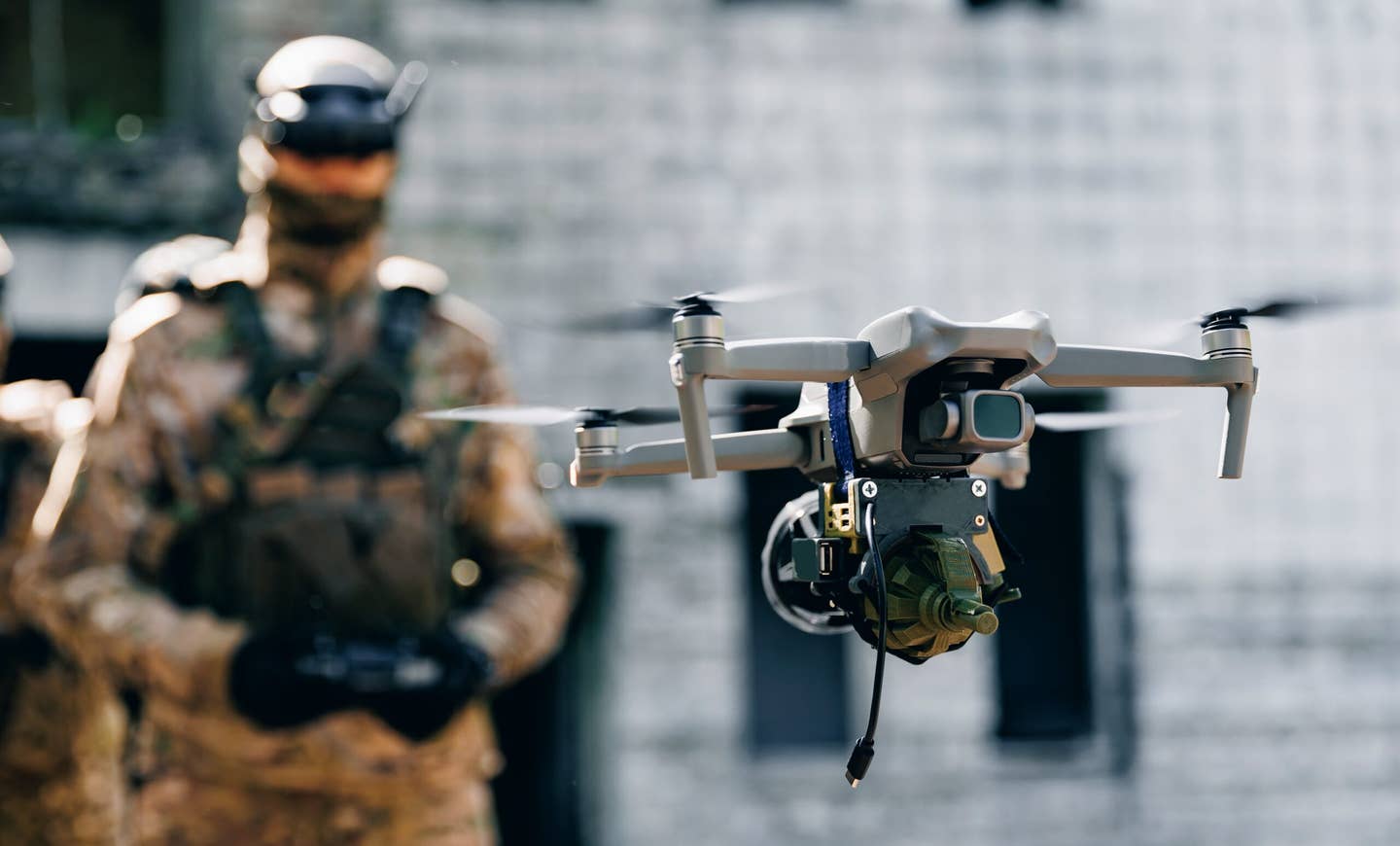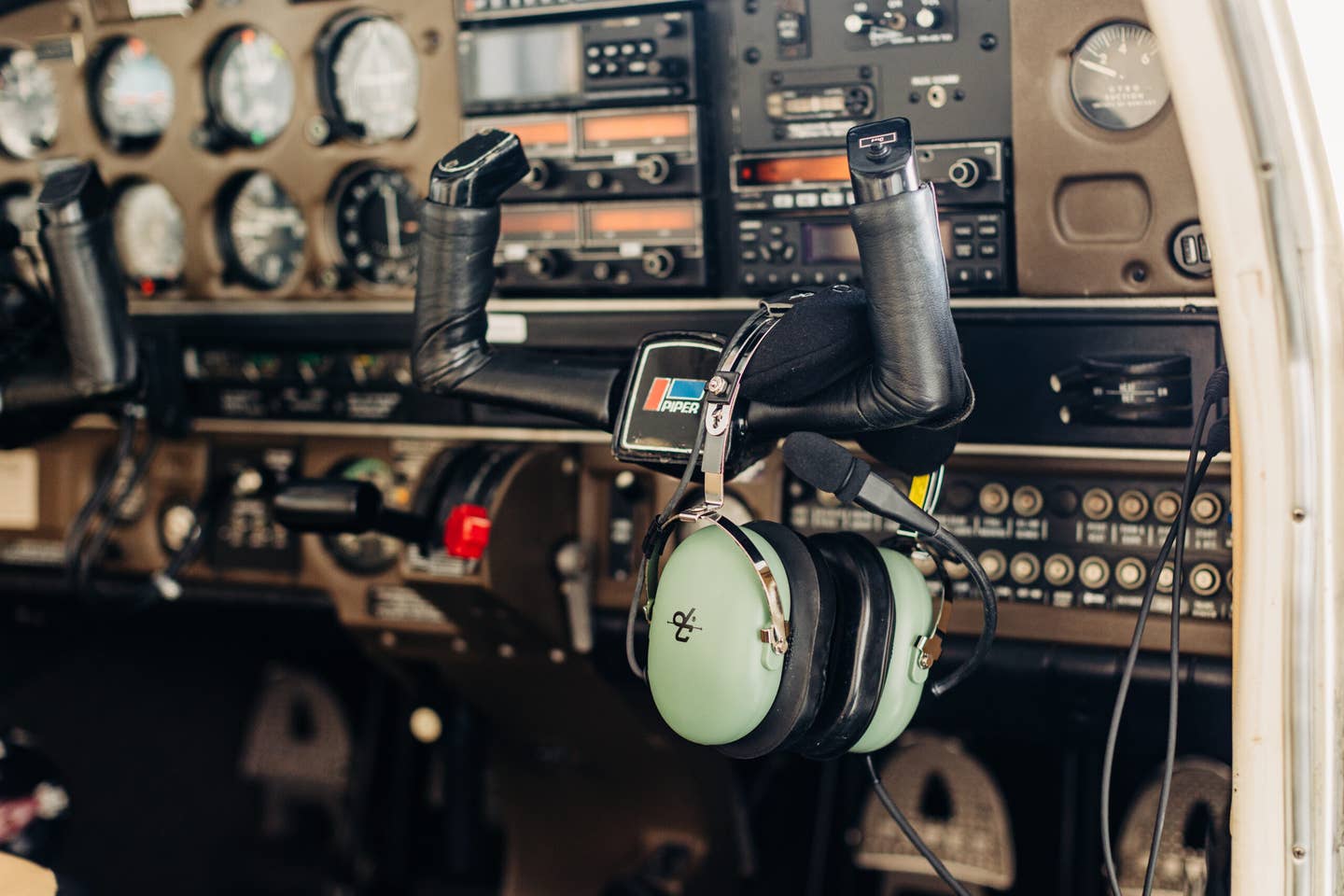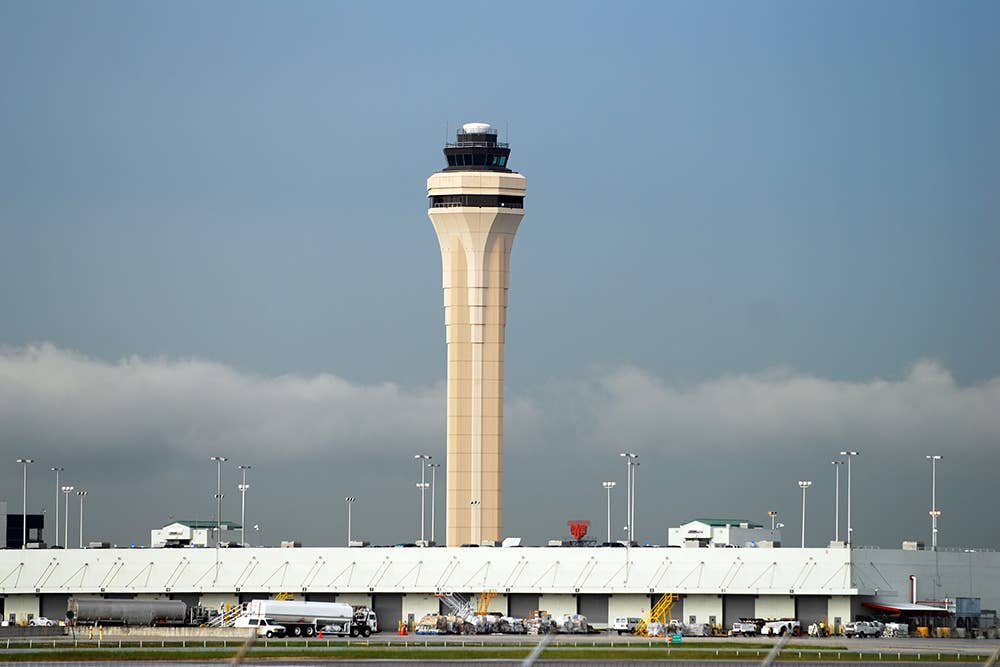Comair Claims Fraud In Boeing 737 Max Lawsuit
The now-defunct South African airline alleges that Boeing refused to return $45 million in deposits for aircraft it did not deliver.

Comair Limited filed suit against The Boeing Company for fraud and breach of contract concerning the purchase of eight Boeing 737 Max aircraft. [Credit: Boeing]
Comair Limited, a now-defunct airline based in South Africa, has filed suit against The Boeing Company for fraud and breach of contract concerning the purchase of eight Boeing 737 Max aircraft.
In the lawsuit filed in federal court, Comair, which was a licensee for British Airways, alleged that Boeing "misrepresented and concealed material facts concerning the 737 Max," and refused to return the advanced deposits of more than $45 million for aircraft it did not deliver.
A spokesperson for Boeing declined to comment.
In a statement released Tuesday, Comair said it paid in full for one 737 Max and took delivery of the aircraft, but the worldwide grounding of the 737 fleet after two fatal accidents put the airline at a loss of more than $83 million.
Comair alleges that Boeing has a "conceal culture" as the company tried to downplay issues created by the position of the engines that resulted in uncommanded pitch issues. Rather than initiating a costly redesign of the aircraft, "Boeing tried to combat it with a new software called the maneuvering characteristics augmentation system ("MCAS"), which automatically applied downward stabilizer trim," it said in a statement.
Boeing has been criticized for not providing adequate information or training on the use of MCAS to the pilots of the 737 Max.
The malfunctioning MCAS was cited in two 737 Max crashes. The first was on October 28, 2018, when Lion Air Flight 610 went down 11 minutes after takeoff from Jakarta, Indonesia, killing all 189 souls on board.
The second accident was March 10, 2019, when Ethiopian Air Flight 302 crashed six minutes after takeoff from Addis Ababa, Ethiopia, killing all 157 souls on board. In both cases the MCAS put the airplanes into dives from which the crew could not recover.

Sign-up for newsletters & special offers!
Get the latest FLYING stories & special offers delivered directly to your inbox






